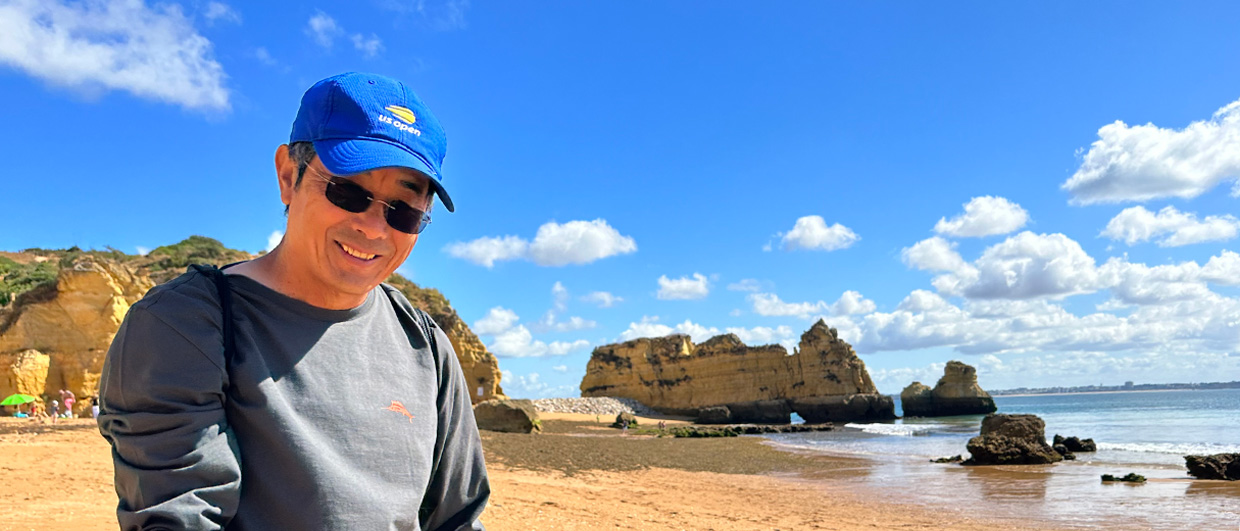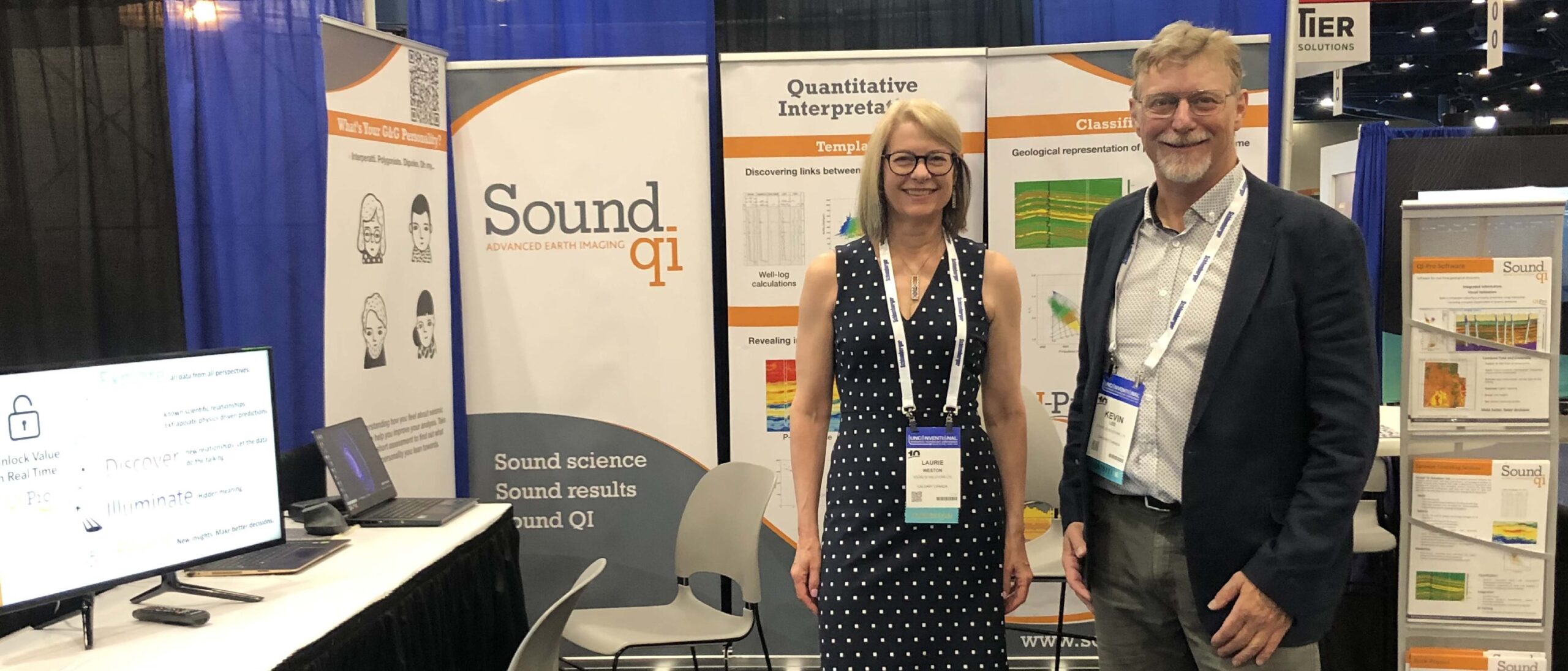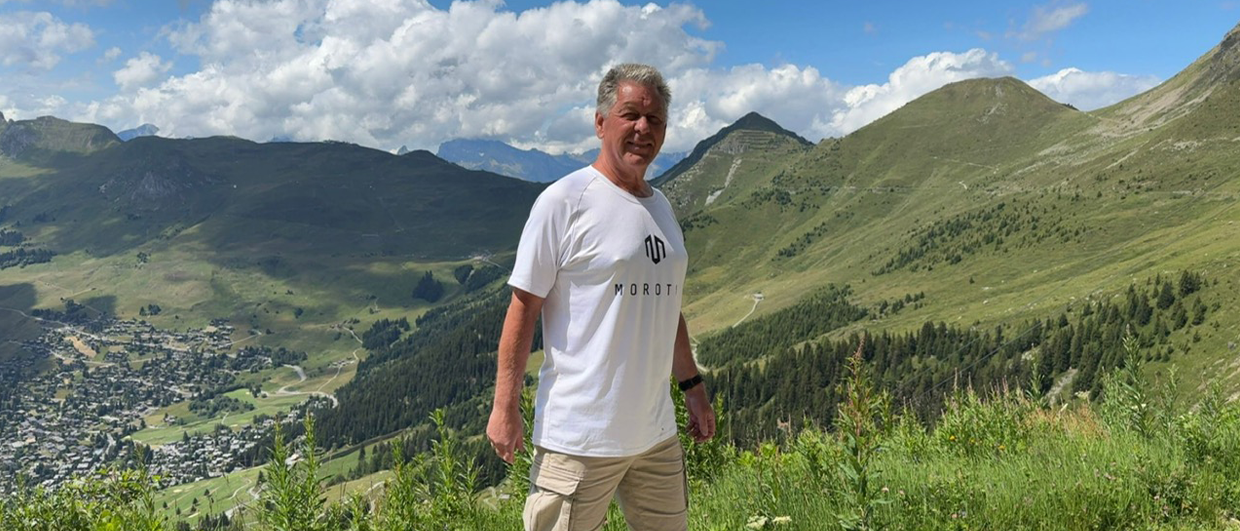Maggy Shino describes herself as an inquisitive child who was drawn to science, a subject she excelled at in school. Therefore, it was no surprise that at the University of Namibia in Windhoek she chose to study environmental biology and chemistry; the surprise came later when she made a conscious decision to move into geology.
“My first job was as an energy researcher in the Ministry of Mines and Energy, which entailed trying to find alternative sources of energy and seeing if they were suitable to be included in the energy mix for Namibia,” Maggy says. “I was mostly focused on renewable energies, identifying which would be most appropriate for the country. Of course, we have excellent exposure to solar energy – one of the best in the world – but we also have plentiful wind resources, especially in the southern part of the country. In addition, we use biomass for energy and one of my roles was to ensure it was used in the most efficient and sustainable manner. And one of the oldest sources of energy for power in Namibia is hydropower.”
Change of Direction
After a year as an energy researcher, observing the challenges and limitations of renewable energy technologies, Maggy made a conscious decision to explore alternative ways in which she could advance her country’s energy needs.
“When I joined the Ministry, my division had two subdivisions: electricity generation and petroleum,” she explains. “I observed that the upstream section of the petroleum directorate was quite inactive and that was because, at that time, there were virtually no qualified petroleum geoscientists in Namibia able to work in those roles. I developed a professional interest in that side of the energy spectrum and through personal research on Namibian geology, two thoughts kept lingering in my mind. The first was that, with one gas discovery already made, surely it is impossible for Namibia not to have oil, and secondly, why can’t the discovered natural gas be utilised as an additional energy resource for Namibia?” And so she decided to enter the sector by studying for a master’s degree in petroleum geochemistry at Newcastle University in the UK.

This was a big change, but Maggy settled in quickly and enjoyed her year there. “It was the first time I had lived outside my country, but Newcastle is a nice city, and in terms of its set-up and environment I found it quite similar to Windhoek. It’s not as overcrowded as many European cities and the people are very friendly, so it was easy to settle. All the international students lived close to one another, so it was easy to meet people. There were fellow students from Ghana, Nigeria, Zimbabwe and Greece in my residence and I was exposed to many different cultures. We were all away from home and we all had different expectations and experience, so we could learn from each other; the year went by very fast. Because I didn’t have geology in my first degree I had to have some assistance to bridge the gaps in that subject; it was a lot of work but I enjoyed it.”
Hands-On Training
“When I went away to study geoscience, there were only two licences in Namibia, but since then interest has picked up and more companies have seen potential in the country, so we are getting a lot more interest and activity,” Maggy continues. “Five petroleum geoscientists now work in the department, monitoring the work programmes to ensure the agreements of the awarded licences are followed. They also make G&G contributions and give guidance and provide technical advice for the work programme.
“For me and the other Namibian geoscientists it has been very useful to have inhouse training through the companies working in Namibia. The ministry arranges these opportunities with the licensees through the petroleum agreements, to give us good exposure to hands-on geological training and to allow us to work on projects in the field environment and on courses tailor-made for the industry. For example, after completing my masters I gained a diploma in upstream management of petroleum development and operations – a bit like a mini MBA for the petroleum sector – at the PETRAD institution in Stavanger.

“Namibian geoscientists also shadow counterparts in the industry to get them fully up to speed on all aspects of exploration. I was attached to projects where I was able to work in the field in an operational way, including drilling the Kuneme 1 well, where I was 100% part of the crew, logging the well and gaining from the experience of the operator. In this way I was able to practise the theoretical work I had learnt and come up to speed on the project management side of the job.”
While you can now undertake a basic geoscience degree and a petroleum geology MSc in Namibia, geoscientists still go abroad to train in specialist subjects, using scholarships provided through Petrofund, which licensees pay into as part of their capacity building obligation.
An Exciting Role
With her petroleum geochemistry degree successfully completed, Maggy returned to the ministry as a petroleum inspector in the energy sector, ensuring regulations with regard to HSE were complied with. She then moved into a role as a petroleum geoscientist and rapidly climbed the professional ladder to her present position as Petroleum Commissioner at the Namibian Ministry of Mines and Energy, a position she has held since 2015.
“The Petroleum Commissioner is a very exciting position. I am responsible for the exploration activities searching for oil and gas on the Namibian continental shelf, while ensuring that we minimise the negative impact of petroleum resources exploitation on the environment and contribute to value creation for society from petroleum activities,” Maggy explains. “It is really a project management role, requiring a broad spectrum of knowledge. I need to understand the relevant administrative aspects, as well as have industry understanding. I am involved throughout the process, from attracting investment right through to spearheading negotiations with potential operating partners and monitoring the execution of petroleum agreements.
“I’m very aware that we are in competition for exploration investment funds with many other countries,” she adds. “One of my roles is to provide input so that as a frontier petroleum nation we make policies that will attract the right investors. It is important that companies looking at Namibia have access to the information that they need to make these decisions, so we provide technical advice and manage data rooms so the information is available for them. We now have a huge technical knowledge in-house as well as large quantities of data and we want to make sure that potential licence holders are aware of and make use of this; we don’t want anyone ‘reinventing the wheel’! We also talk to potential service providers to enter into collaboration and assistance to advance our technical knowledge through, for example, multiclient seismic acquisition and technical studies. All data belongs to the Namibian government, and we work with our national oil company to make certain that this data is managed in an efficient and easy-to-access manner.
“Hopefully, this can have a meaningful impact on the decisions that companies make and on their work programmes and ultimately lead to discoveries,” she concludes.
Energy Mix Needed
Did Maggy ever imagine when she decided to study geoscience that she would end up as Petroleum Commissioner?
“No, not at all!” she laughs. “My dream when I got this urge to study petroleum upstream was to help Namibia. I saw the limits of energy availability and of what we could do with the energy resources we were using. We were a net importer of electricity; I saw how limited our capabilities for electricity storage from solar power were; how women in the rural villages were still cooking with firewood; how their lives were limited by the amount of time they spend collecting wood and by lack of electricity in the evening – and I thought ‘there has to be another source of energy out there that Namibia could have access to’. I felt strongly that if there is oil in Namibia, we needed to discover it, and my dream was to contribute however I could to this.
“I would like to see Namibia using the full mix of energy resources, from renewables to petroleum products – but the former can’t fill the gap fast enough. If we have oil and gas in our subsurface we need to look for it, locate it and bring it to the surface. Accessing that natural resource would not only help cover the energy needs of our country but would also provide huge economic benefit to the people of Namibia, bringing in much needed revenue and helping us move towards self-sufficiency. I strongly believe that a significant discovery will be a game-changer for the country.
“Technically we have advanced very far in recent years,” she adds. “We have the Kudu gas field, an uncommercial discovery in the offshore Walvis Basin, and a number of other wells with shows on and offshore, so we know there are active petroleum systems in several basins – but we are still searching for all the required elements to come together to give us a significant commercial discovery. I think the chances of that happening soon are quite high. The next drilling campaign will look at a deepwater play we haven’t tested before; we hope the operator, Total, will duplicate its recent South African success. In addition, Maurel et Prom and partners are planning on testing a diversity of plays with upcoming wells in the Walvis Basin.
Unchanging Ambition
Maggy and her husband were both born and brought up in the rural north of Namibia, and while they live and work in the capital, they both enjoy returning to their roots whenever possible. “In the north the lifestyle is much simpler,” Maggy explains. “We are subsistence farmers who still tend animals and grow and eat our produce, and family is very important. Our two children, (a daughter and a son, aged 6 and 3), spend a lot of time there with their grandparents and love it. This double life is part of Namibian culture; many people return to the simple village life when they retire.
“Until recently, whether in the field or round the negotiating table, I have been the only woman, but I haven’t found that this male-dominated environment has inhibited me,” Maggy adds. “In fact, I think it has been character-building and toughened me up! I’ve always told myself that whatever a man can do, I can do better! Because of that I have progressed well. Also, Namibia as a country has developed policies to encourage equal opportunities for women in the workplace and I think that has enabled me to get the support I needed. I am pleased to see quite a lot of young Namibian women now making a career in the oil industry.”
“I love the fact that in this job there are always new challenges and experiences; nothing stays the same. I’ve been to many different places and met and worked with interesting people across a wide spectrum of cultures, which is one of the most interesting aspects of my role. Relationships really determine whether a deal will work or not.
“I still have the ambition that I started with,” she adds. “I want to make the discovery that will make a difference to my country. But I also want to ensure Namibia is ready as a nation so that discovery will be a blessing to everyone. My ambition is to see that through as far as I can – that would be my life achievement.”





